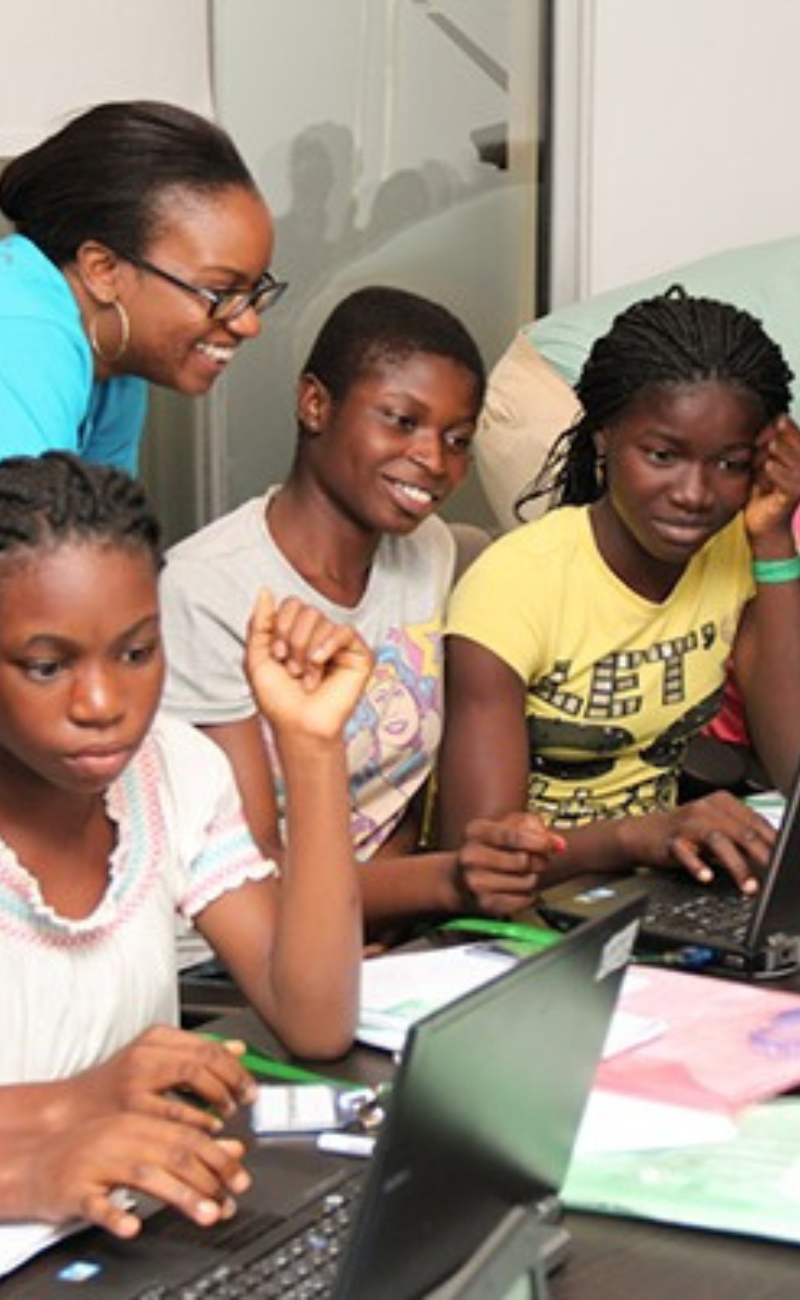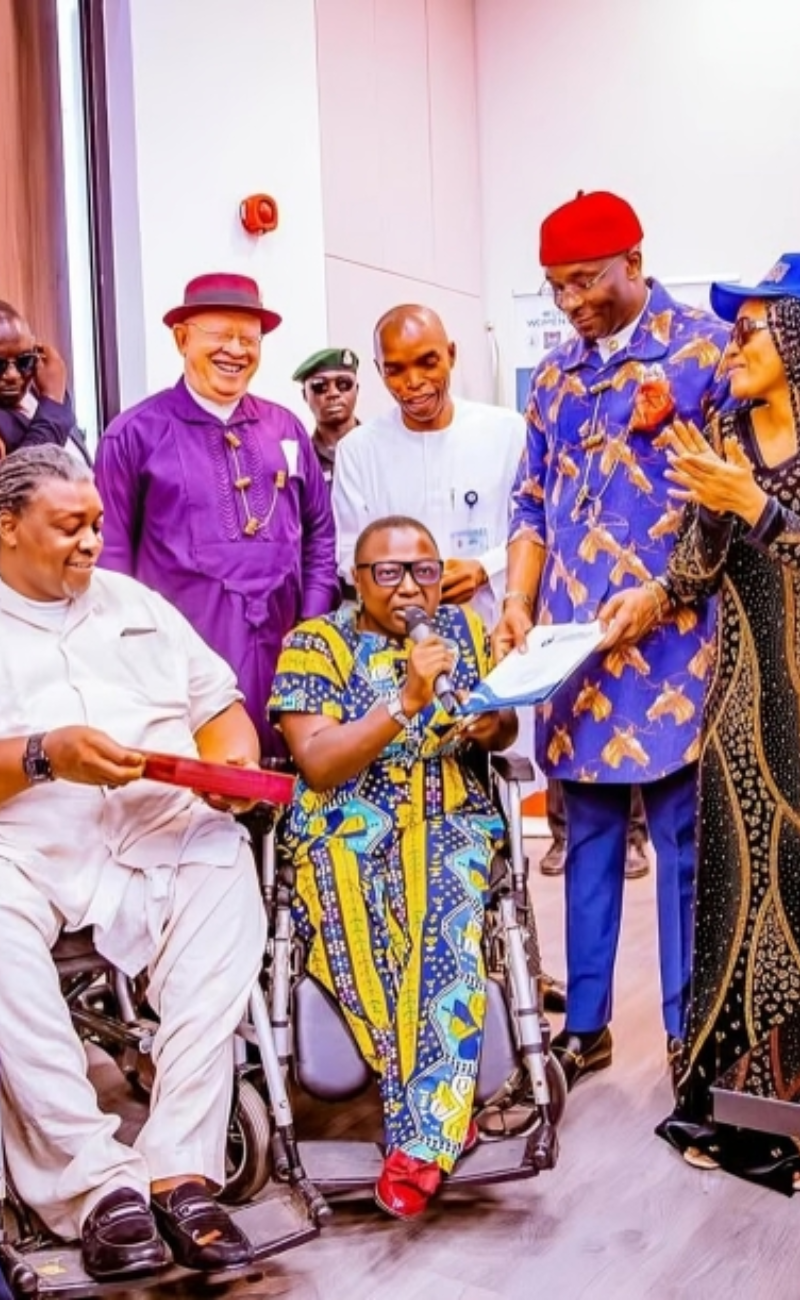Legislators discussed policies on border communities and youth affairs while showing love to the disability community in the country
![]()
Consideration for Nigeria’s border communities
Rep. Adegboyega Nasir Isiaka (APC, Ogun) moved a motion in the House of Representatives for the provision of palliatives to citizens in Nigeria’s border communities. The motion highlighted the ongoing economic hardship caused by the Nigerian Customs Service’s failure to implement the July 11th 2023 resolution lifting the ban on petroleum products within 20 km of the border. This delay has forced border residents to purchase petrol at nearly N2,000 per litre—significantly higher than the N1,200 per litre paid in urban areas—further exacerbating their struggles with inadequate infrastructure and social amenities.
Through the GESI lens, the motion emphasizes the urgent need for targeted support for these marginalized communities. It acknowledges that border communities, already excluded from national economic benefits, bear a disproportionate burden of poverty and inequality due to high fuel prices and systemic neglect.
The resolution arising from the motion was that the federal ministries of humanitarian affairs and poverty alleviation, agricultural production and food security, finance, and labour employment and productivity prioritize these vulnerable groups in distributing palliatives and economic support. Furthermore, the committees were mandated to ensure compliance and report within four (4) weeks for further legislative action.
This decision aligns with GESI principles by promoting equitable resource distribution and inclusive policymaking to reduce systemic barriers and improve livelihoods for disadvantaged populations, including women and other marginalized groups.

A youth improvement commission may be underway
Rep. Mohammed Dan Abba Shehu (PDP, Bauchi) during the week proposed a bill in the House of Representatives to establish a national youth improvement management commission to be saddled with the responsibility of coordinating and regulating all forms of youth improvement through the government budgetary allocation. The bill aims to provide the youths opportunity to access funds to engage themselves in vocational ventures like fashion and designs, shoe-making, furniture-making, interior decoration, etc.
This bill represents a significant effort to tackle youth unemployment and promote economic self-reliance. By prioritizing sectors with high growth potential, it will seek to equip young Nigerians with the skills and tools needed to become successful entrepreneurs and contributors to national development.

Photo credit: feranmi olusegun
Viewed through the GESI lens, the bill will address systemic barriers that have excluded youth from economic opportunities. It will promote equitable access to resources, empowering marginalized young people to break free from poverty and achieve social mobility. By fostering entrepreneurship, the bill will not only support individual livelihoods but also strengthen community resilience and national economic growth. By equipping youth with vocational skills and supporting their entrepreneurial ventures, the bill will break the cycle of poverty, thus enhancing social mobility for marginalized youth.
The bill has passed a second reading, signaling progress toward its realization

Commemorating the International Day of Persons with Disabilities
The Deputy Speaker of the House of Representatives, Rep. Benjamin Kalu (APC, Abia) standing in for the Speaker, Rep. Tajudeen Abbas (APC, Kaduna), has underscored the national assembly’s commitment to inclusivity at the commemoration of the International Day of Persons with Disabilities (IDPD) held at the National Assembly Complex. This event served as a vital platform to reaffirm the legislative arm’s dedication to advancing policies and frameworks that uphold the rights and dignity of persons with disabilities (PWDs) in Nigeria.
The speaker revealed that the Discrimination Against Persons with Disabilities (Prohibition) Act of 2018 was a landmark step towards addressing these issues, as it laid the foundation for inclusivity but that its implementation has faced significant challenges adding that only 19 states in the federation have domesticated the act. Recognizing the systemic barriers faced by PWDs, he highlighted the importance of mainstreaming disability inclusion into national development plans, ensuring equitable access to education, employment, healthcare, and public services.
The commemoration resonated with the principles of GESI, emphasizing that sustainable progress requires empowering marginalized groups and amplifying their voices within decision-making processes.
